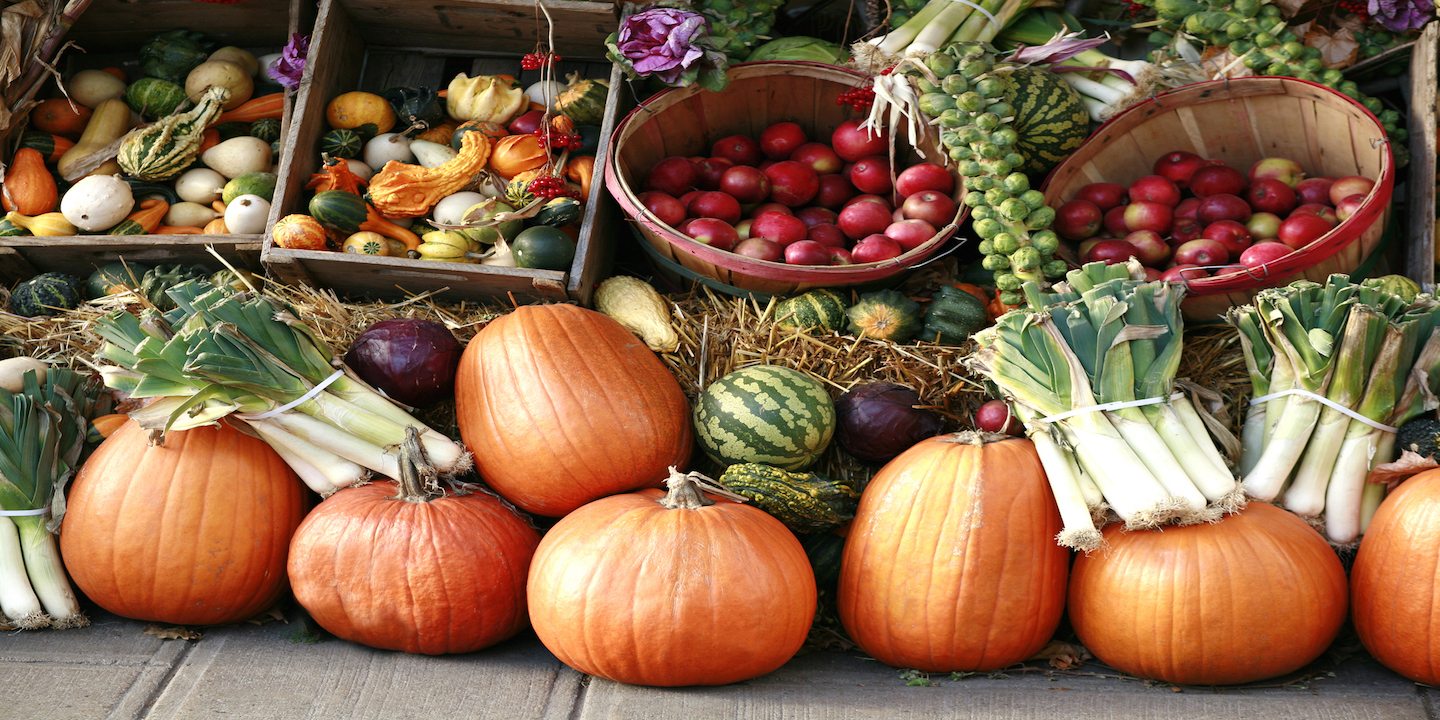If you suffer from digestive concerns, joint pain, or aging skin (let’s face it, most people do) listen up. Collagen may be for you!
Collagen powder really is the do-all protein and I want to explain why. Collagen is the main structural protein in our body, especially in our connective tissue found in the gut, skin, joints, bone, ligaments…well pretty much over our entire body. It is a building block of our bodies comprised of amino acids that make up 25-35% of whole body protein content. Unfortunately, natural collagen production peaks in our early 20s and slowly declines with age. It declines about 1.5% per year and approximately that by age 40 it has decreased by 25%, by age 60 decreased by over 60%!
We can get collagen from our diets, which is how our ancestors acquired it for the most part, however it is found in animal parts not normally consumed today. These are gelatinous meats, the cartilage on bones, such as chicken drumstick cartilage, and fish and poultry skin. Bone broth is another form in the form on gelatin, when the bones are boiled for over 5 hours, but even this is not as bioavailable as collagen powder.
How often are you eating these animals parts in a week??
What to look for:
As it can be found in various animals parts, collagen powder can be sourced specific for the type of collagen wanted. Type I and III collagen makes up 90% of what is found in our bodies.
- Marine collagen peptides - from wild fish scales and skin, is type I collagen. It has been shown to have the highest bioavailability and most effective for skin health. This also makes it dissolve very easily in anything. You can even find marine collagen sourced from North Atlantic fish!
- Beef collagen peptides - from bone and hides of cattle, is mostly type III collagen. It is not quite a bioavailable as marine collagen but still very effective.
How it can benefit you:
- Skin - Collagen is what gives your skin the elasticity and improves hydration and firmness. If you are worried about aging skin, fine lines and wrinkles, as well as thinning skin from chronic eczema or age collagen is for you. It helps your skin “bounce back!”
- Joints - Collagen is what maintains joint flexibility and strength. It also helps regenerate cartilage in joints. Because of this it decreases pain due to degeneration. Decreasing inflammation with an anti-inflammatory diet, turmeric and omega 3s would still be advised for a holistic approach to joint pain.
- Gut - Suffer from IBS or irritable bowel disease? Collagen peptides maintain the integrity and function if the intestines. It therefore repairs “leaky gut.” I am still waiting on a study linking collagen to decreased zonulin production, a protein released from intestinal cells in severe leaky gut, but I’m sure that will come soon! There is however research showing decreased serum concentrations of collagen in those with IBD, aka Crohns and Colitis.
- Mood - Glycine, one key amino acid in collagen, is an inhibitory neurotransmitter, therefore decreases feelings of anxiety and helps you sleep. The more you sleep, the more calm our body feels and the less inflammation we have.
Therefore, considering how much gut health issues, mood issues and joint pain I see in my practice this is a biggy supplement!
Extra tidbits:
- Research shows a therapeutic dose of collagen, aka when we start seeing positive benefits, is at a dose of 5-12mg per serving.
- Due to the source of collagen the powder is definitely not vegan, for those out there on a vegan diet.
If you suffer from any of the issue above or are curious if collagen is right for you don’t hesitate to check with your Naturopathic Doctor, or come in to see me at the clinic.
Questions? Let me know in the comment below 😃
In health & happiness,
Dr. Karen
(Photo credit: www.sproos.com, www.renewalliance.com)






